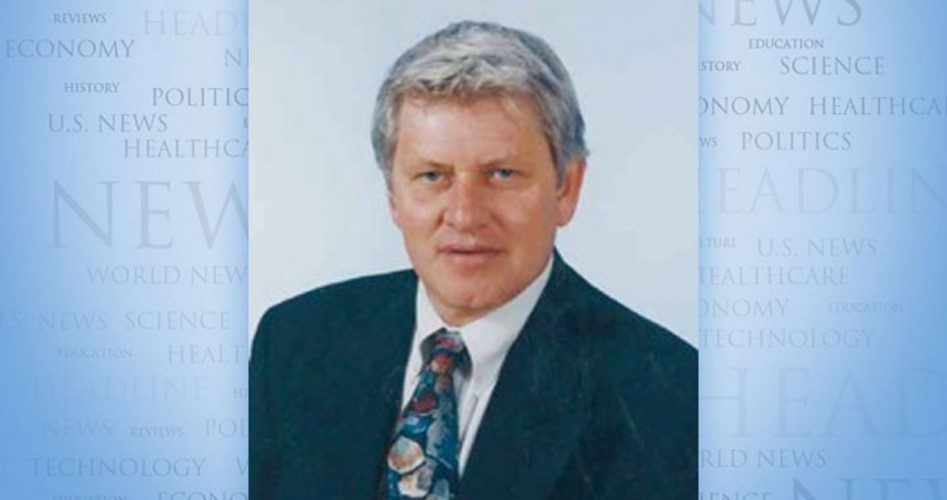
Here’s a thought from Winston Churchill on equality, ethics, capitalism and socialism: “The inherent vice of capitalism is the unequal sharing of blessings; the inherent virtue of socialism is the equal sharing of miseries.”
Several semesters ago, a student in my economics class told of his firsthand experience that demonstrated how his friend and subsequent business partner considered the equal sharing of miseries as preferable to a more capitalist situation that delivered greater prosperity, less economic hardship, and more inequality.
Originally, he explained, he and his friend were monetarily equal, and poor, working side by side in a fast food shop at an entry level wage.
Then, to take a chance at moving up financially, he explained that he developed the entrepreneurial idea of teaching sport skills to primarily high school students.
His friend joined him in the new venture and what had been a minimum hourly pay for both turned into compensation that was roughly three times higher and five times higher per hour, respectively, for the student who became the employee and the student who became the owner of the new two-person enterprise.
The result was that the student who had jumped to $20 per hour quit and returned to his former low wage job because his friend had moved up even more, to $35 per hour.
The quitting employee saw being equal at a low wage job as being preferable to making three times more in a growing and more unequal environment.
The dollar gap per hour between the two in the first round went from zero to $15 per hour, with both better off financially.
If more customers signed up for lessons in the second round and the hourly pay for both doubled, to $40 and $70 per hour, the income gap would expand even more, from $15 to $30 per hour, with both monetarily better off and more unequal.
In much the same way as the aforementioned student became more focused on inequality than his upward mobility, the New York Times seems to be gearing up for the 2016 presidential race by focusing more on income equality than overall economic growth, inclusive income expansion, and government actions that promote and produce a rising tide that lifts all boats — dinghies and yachts alike.
A recent article in the Times, “2016 Hopefuls and Wealthy Are Aligned on Inequality,” portrayed the presidential campaign as a political and ideological battle between the rich and the non-rich, a case of class warfare with the candidates and the rich in one camp and everyone else on the other side.
The Times reported that three Republican presidential candidates at a forum in January — Senators Ted Cruz, Marco Rubio and Rand Paul — all considered “the increasing gap between the rich and the poor” to be a problem but “on the question of whether the government should intervene to solve it, Mr. Cruz and Mr. Paul rejected that approach, and Mr. Rubio appeared to agree with them.”
Similarly, reported the Times, Jeb Bush has “struck much the same posture,” saying “the income gap is real but only conservative principles can solve it by removing the barriers to upward mobility.”
On whether the Democrats will be any better at avoiding an alignment with the rich, the Times didn’t offer much hope: “And then there is Mrs. Clinton, who has also largely avoided saying anything that might offend her wealthy supporters.”
Ralph R. Reiland is an associate professor of economics and the B. Kenneth Simon professor of free enterprise at Robert Morris University in Pittsburgh.



